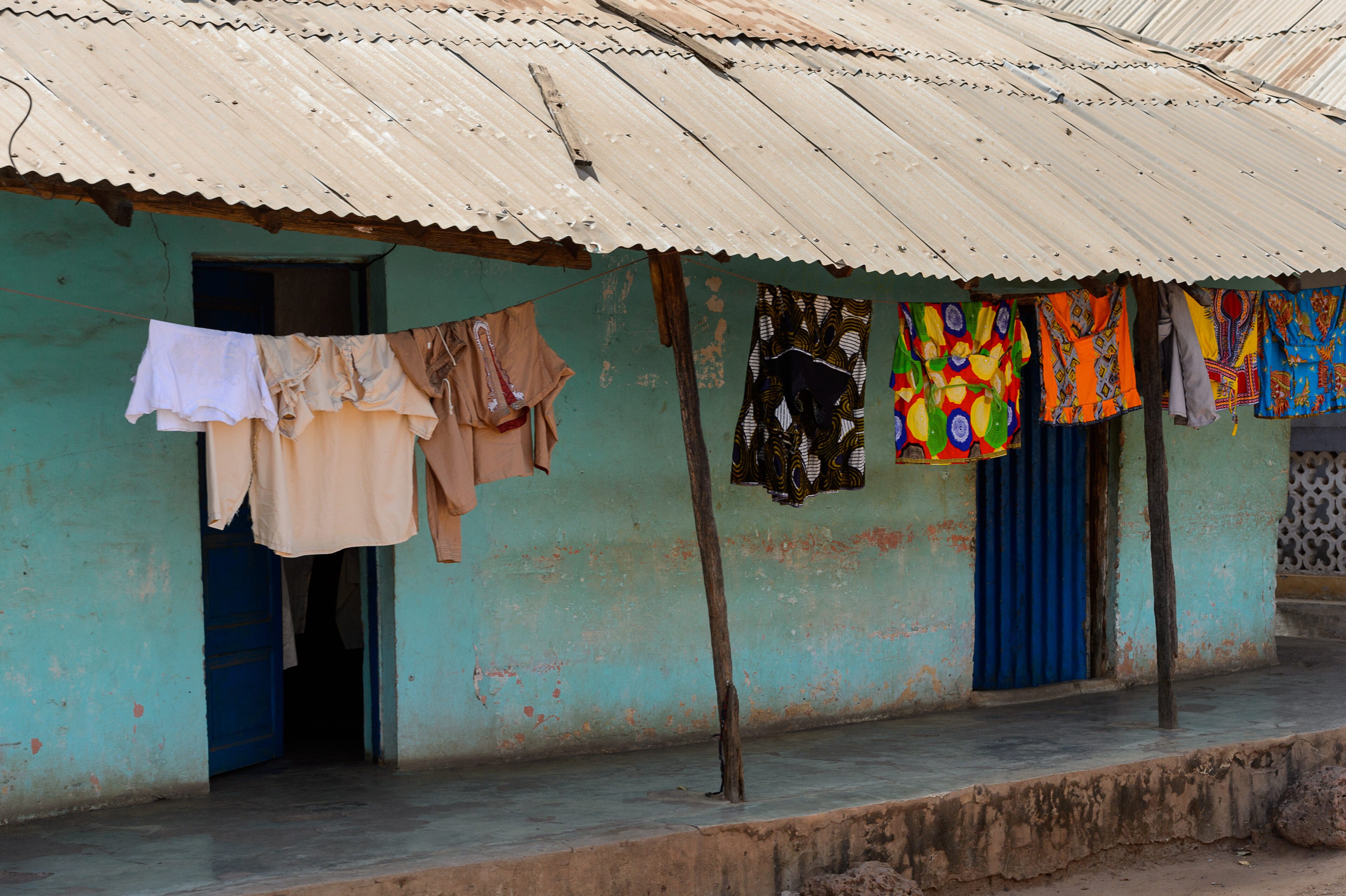Danish tradition can free people from poverty and hunger
Poor farmers in developing countries have no guarantees that they will still own their land once their crops have been harvested and sold. With no documented rights to the land, local populations farm on a short-term basis and remain poor, with no assured access to food. A surveying consultancy will now fight for land tenure rights for everyone, worldwide.
The UN's 17 Sustainable Development Goals
The backbone of the unique Danish property system is its complete control over who owns the land. One of the UN’s 17 Sustainable Development Goals is to double the agricultural productivity and incomes of small-scale farmers by 2030, for instance through secure and equal access to land. However, in many developing countries, ownership of and rights to parcels of land are poorly documented – or are not documented at all – and this restricts the future and development of the population. LE34, a surveying consultancy that has been ensuring land tenure rights for more than 200 years, has identified the lack of a reliable system for protecting people’s land tenure rights as a barrier to growth, perpetuating the cycle of poverty for the world’s poorest populations and preventing a secure source of food.
– A guarantee that you have control over the land you’re entitled to own or use is essential in combating extreme poverty and hunger. If you aren’t guaranteed the right to keep and cultivate your land in the long term, you’ll obviously go for the greatest yield in the shortest time. As a result, agricultural land in a great many low-income countries is cultivated inappropriately in terms of sustainability, and owners don’t invest in the land because they aren’t sure the land will still be theirs when the crops are harvested and sold. If there’s no property market, no mortgages can be taken out for investing in the property, because the land can’t be provided as security,” says Cecilie Ravn-Christensen, chartered land surveyor at LE34.
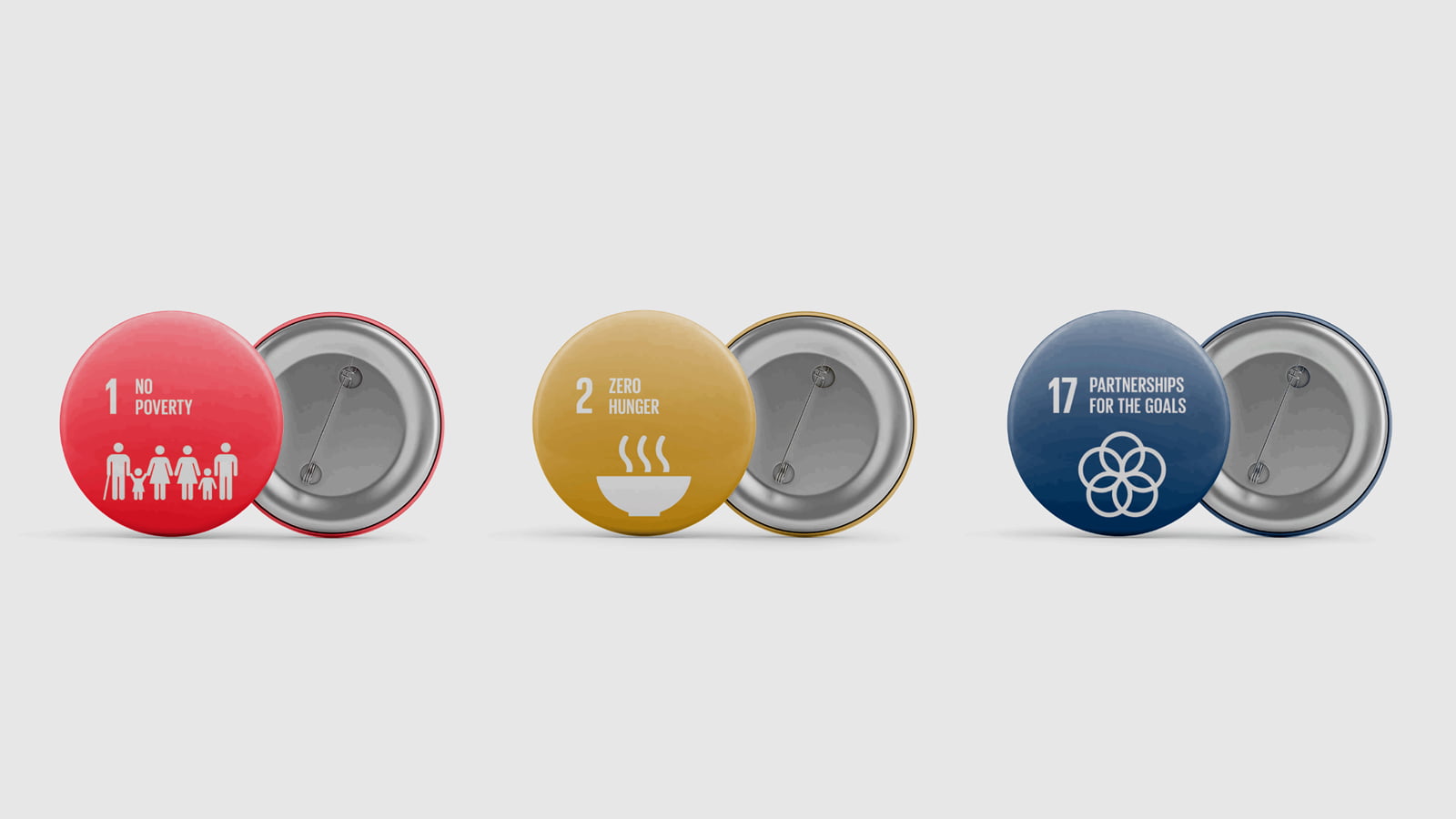
For a world with equal access to land rights
We work for a world with equal access to land rights. SDG's 1 and 2 specifically address the need to protect land tenure rights as a tool in the fight against poverty and hunger and SDG 17 addresses the need to engange in partnerships to create change.
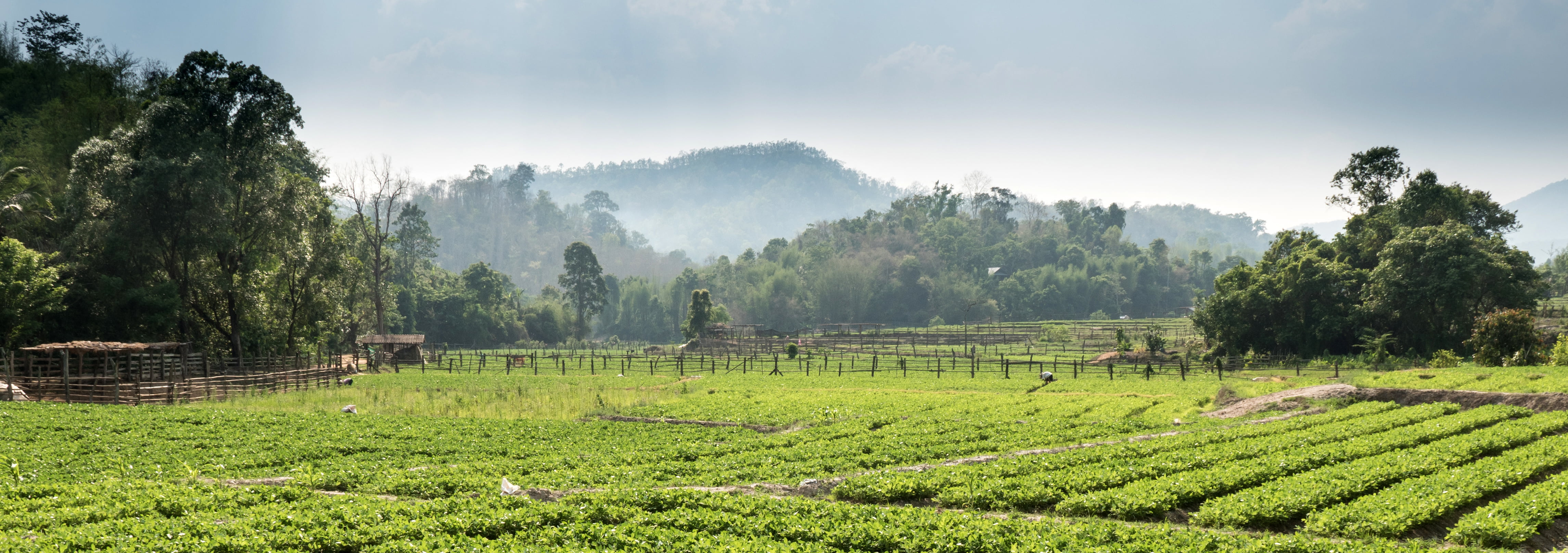
For a world with equal access to land rights
We work for a world with equal access to land rights. SDG's 1 and 2 specifically address the need to protect land tenure rights as a tool in the fight against poverty and hunger and SDG 17 addresses the need to engange in partnerships to create change.
Confederation of Danish Industry: From Philanthropy to Business
To resolve some of the world’s greatest challenges by 2030, the Confederation of Danish Industry has launched a project – From Philanthropy to Business – to help Danish businesses work strategically with the UN Global Goals. LE34 is one of the 21 companies selected to participate in the initiative, which will run over the next two years.
– Due to our long-standing expertise, we feel we have a duty to engage in creating a sustainable world. It’s a huge responsibility, and we take it seriously. And we have a lot to offer when it comes to targets 1.4 and 2.3 of the UN Sustainable Development Goals, which are directly related to protecting people’s land tenure rights. We also focus on entering into partnerships which strengthen efforts to put a stop to poverty and hunger,” says Cecilie Ravn-Christensen.
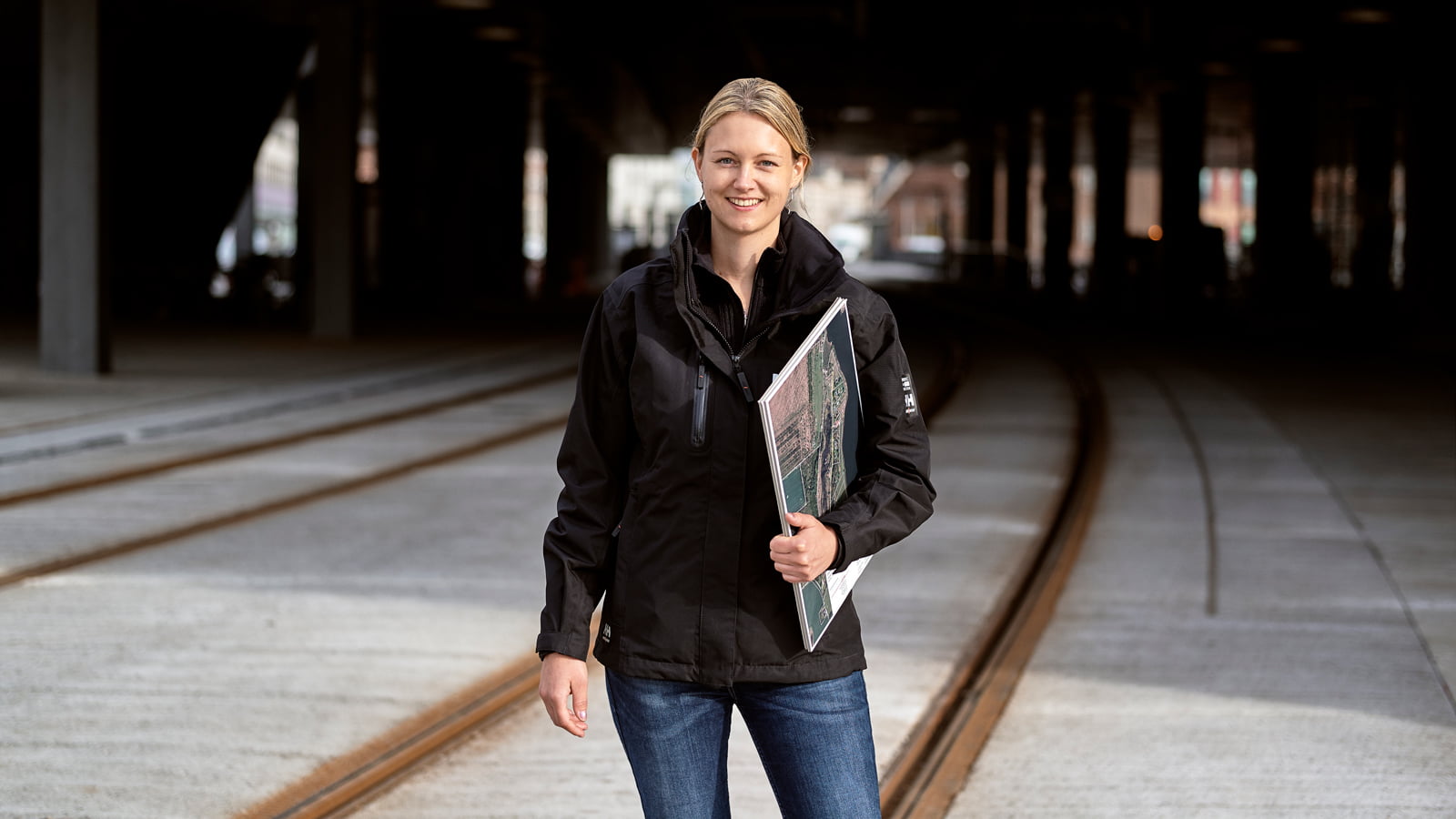
Danish system as a role model
The Danish cadastral system and land registry are among the most digitised systems around. Combined with set, reliable procedures, this gives us one of the world’s most secure and transparent systems for registering property. Target 1.4 states that, by 2030, all men and women must have equal rights to ownership and control over land and other forms of property. In this context, the Danish system is exemplary.
– When you’re sure you have control over your property, you invest in it. In third world countries, in particular, this would better the conditions for sustainable farming, and it would improve the health of the populations. The principles of the Danish system are based on transparency, so it’s easy to see a property’s ownership and restrictions. This secures the rights of both individuals and businesses with regard to ownership and restrictions,” explains Pia Dahl Højgaard, Director of the Danish Geodata Agency, and she continues:
– Set procedures ensure that everyone in Denmark has the same conditions, and the interaction throughout the system makes it unique. We have a special private-public partnership whereby surveyors make changes to properties which, on the approval of the Geodata Agency, are then automatically registered in the cadaster and included in the formal registration. It’s one of the most digitised systems in the world. Land registration is linked to the Danish civil registration (CPR) system and people must be able to identify themselves to register rights.
Find out more
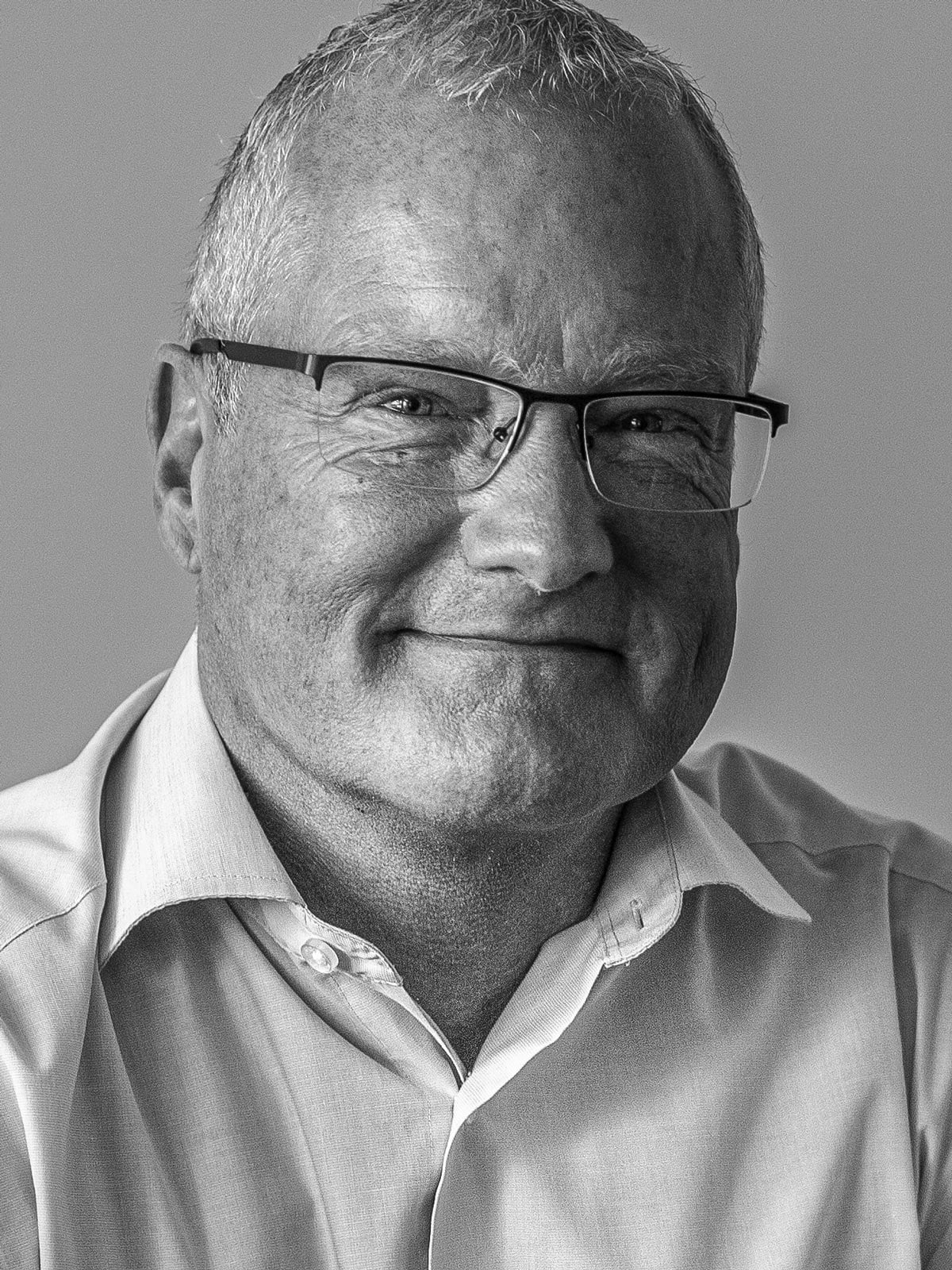
Contact us
You are welcome to contact our CEO Kenneth Norre if you are interested in further details.
Kenneth Norre
CEO, LE34
+45 2968 2784
kno@le34.dk

